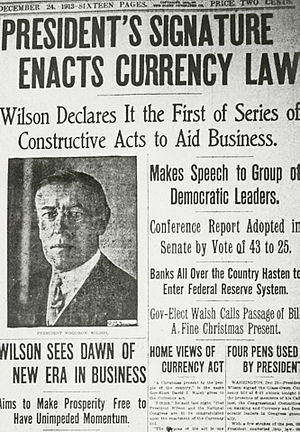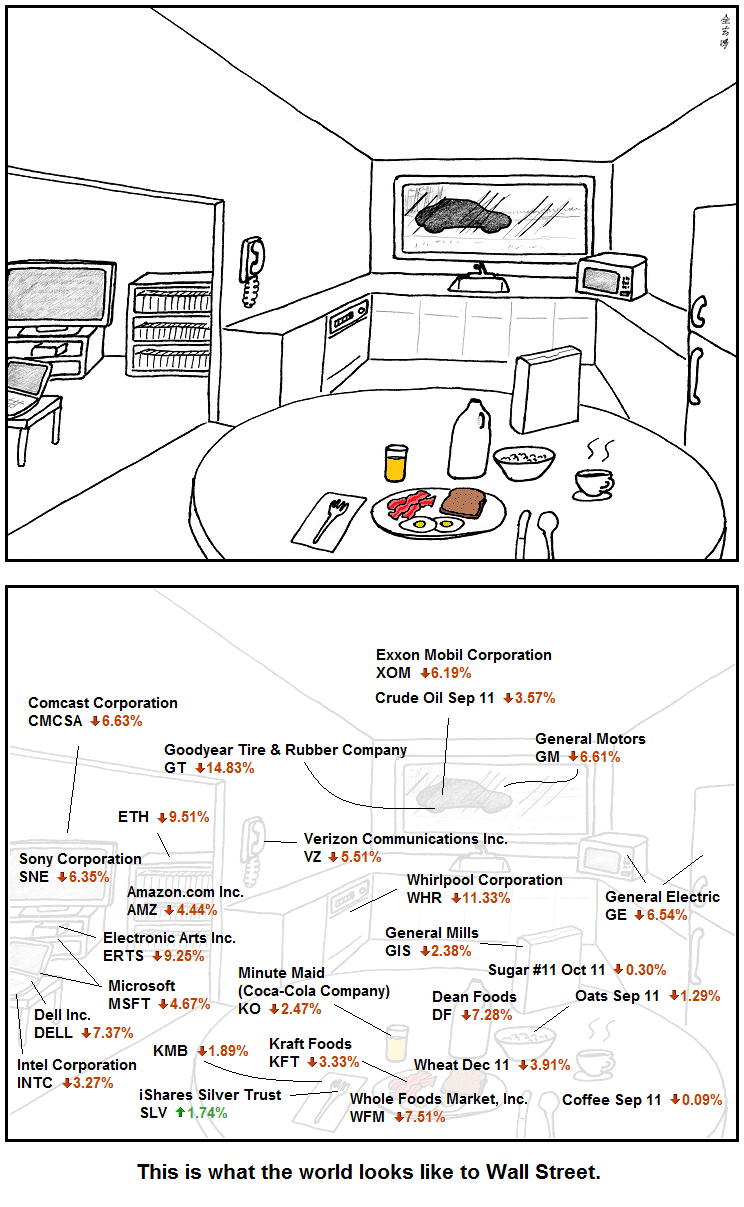The Golden Cross represents a major shift from the bears to the bulls. It triggers when the 50-day average breaks above the 200-day average. Conversely, the Death Cross restores bear power when the 50-day falls back beneath the 200-day. The 200-day average becomes major resistance after the 50-day average drops below it, and major support after breaking above it. When price gets trapped between the 50-day and 200-day averages, it can whipsaw repeatedly between their price extremes. This pinball action marks a zone of opportunity for swing trades.
Caveat: Moving averages emit false signals during the “negative feedback” of sideways markets. Keep in mind these common indicators measure directional momentum. They lose power in markets with little or no price change.





